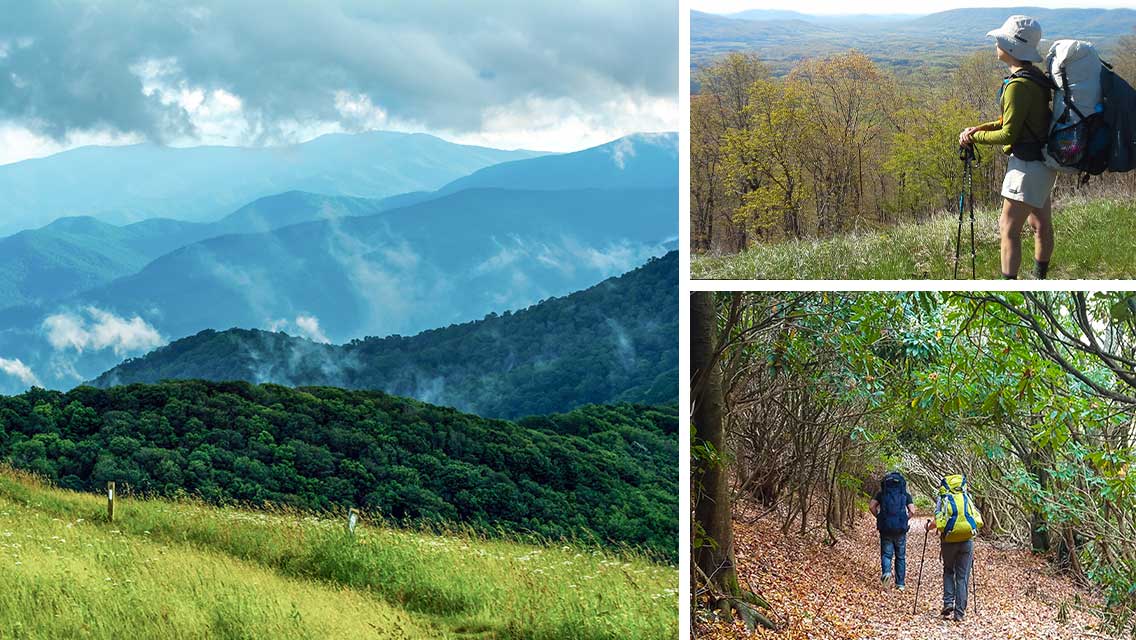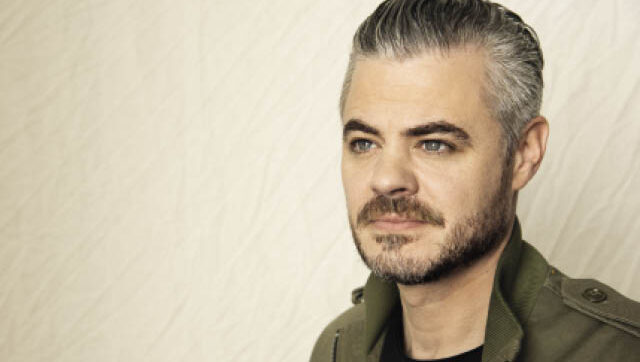On April 25, 2015, a powerful earthquake rocked Nepal, killing nearly 9,000 people and injuring thousands more. The 7.8 magnitude quake and its aftershocks created landslides that devastated rural villages and parts of Kathmandu.
High in the Himalayas, the tremors triggered an avalanche on Mount Everest, claiming the lives of at least 19 climbers and stranding hundreds more on the mountain and at a base camp.
“I was climbing an ice wall at 20,000 feet on Everest when the earthquake hit,” Sara Safari remembers. “That’s one of the scariest moments of my life. There were pieces of ice the size of a car breaking down on us. I still have no idea how none of them hit us.”
She struggled to breathe and see as she scrambled up the wall amid the snow and debris and clipped herself to an anchor. “I saw my whole life flash in front of me. I was scared and sad, but I also felt a little bit of peace knowing that I was dying for a good cause.”
Climbing With a Purpose
Safari was on Everest that day in an effort to raise money for Empower Nepali Girls, an organization that supports, mentors, and educates at-risk Nepalese women and girls. She was hoping to build awareness about the threat they face from human trafficking.
Living in impoverished rural areas, women and girls are often duped by promises of well-paying jobs in Kathmandu or overseas. Each year, more than 10,000 of them are taken across the border to India — one of the world’s busiest trafficking routes — and wind up as sex workers, forced laborers, or slaves in India, Malaysia, Hong Kong, Russia, Pakistan, the United Arab Emirates, Saudi Arabia, and other Gulf states.
Poverty, the open border between Nepal and India, lack of education, and “the virgin cleansing myth” (a belief that sex with a virgin can cure HIV/AIDS) all contribute to the threat these women and girls face.
Inspired to Summit
Safari’s unexpected journey to climb Everest began in 2012. “I worked as an engineer at a large corporation,” the 39-year-old mountaineer and coauthor of Above the Mountain’s Shadow explains in her popular TED Talk, “Climb Your Everest.” “[Instead of walking] up the stairs, I would use the elevator,” she confesses. “I had no camping experience and had never slept in a sleeping bag.”
But a training seminar changed her life’s trajectory. The leader inspired attendees to pursue something beyond their wildest dreams — something that seemed impossible. “My mind blanked out until someone mentioned trekking to Everest base camp,” she recalls. “Before I knew it, I shouted out, ‘I’m gonna climb Everest!’”
She went home and googled “how to climb Everest.” She started smaller, aiming to conquer the highest peak in the lower 48 states: California’s Mount Whitney. None of her friends would join her, so she set out on her own in the middle of winter.
On the trail, Safari discovered that her water bottle had leaked — into her sleeping bag — further challenging her basic survival skills on a frigid night. At the time, she thought she was going to die, but now she sees her night on Whitney’s slopes as an important moment in her life’s journey. It was the first time she stared down her fears: of darkness, of being alone, of death.
“I learned that the best way to overcome my fears is facing them and acknowledging them,” she says. “I also learned I had to train physically and mentally a lot more to prepare for Everest.”
She continued hiking to improve her fitness and attended a silent meditation retreat to build her mental stamina. Despite these efforts, though, her subsequent attempts at summiting ended in failure. Giving up seemed like the best option.
Bigger Than Everest
The same day that Safari swore off mountain climbing, she started teaching computer science and electrical engineering at California State University, Fullerton.
“I also was at a point where I realized that, while I have a job, an apartment, and a car, it wasn’t enough,” she recalls. “I was only benefiting myself and didn’t want to end up living the rest of my life like that.”
Safari was looking for something bigger. “I didn’t know what, but I knew there was something else out there, and I just had to go find it.”
She found it aptly — while looking for a hiking buddy among her fellow faculty members. “That’s how I met Jeffrey Kottler, the founder of Empower Nepali Girls,” she recalls. “The stories of the Nepalese girls that he shared were so heartbreaking and moving — that’s why I decided to do something for the girls.”
Those stories also hit close to home. “I could see myself, my mom, my aunt, and my neighbors in them. Growing up in Iran, I experienced firsthand the oppressive, restrictive environment that makes gender discrimination possible,” she says. “So having a hand in providing educational opportunities to those girls was exactly what I wanted when I was younger.”
While fighting for gender equality may seem more daunting than summiting Everest, Safari believes the process is the same: Take one step at a time. “If you see a girl, a woman, or anybody trying their best to push themselves out of their comfort zone, to do something new and different, acknowledge them,” she advises. “Say thank you to them. Appreciate their efforts so that they get the confidence to do something more later.”
Stepping outside of our comfort zone creates all sorts of unexpected opportunities. “A whole string of events happen in our favor that can make a difference beyond ourselves,” she explains. “For example, I was the shyest person on the whole planet, but I had to do a TED Talk; I didn’t know how to do fundraising, but I ended up raising tons of money for all these organizations by climbing mountains, which I had never even dreamed of doing or thought I was capable of.”
Safari still wants to conquer Everest, but she won’t be disappointed if she falls short of her goal. “The point isn’t about reaching the top,” she says. “It’s about taking every single little step and learning and growing along the way.”




This Post Has 0 Comments